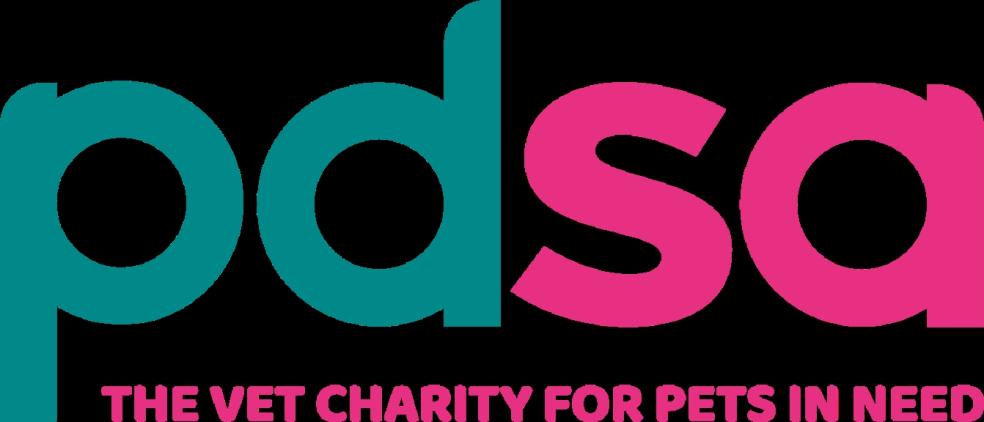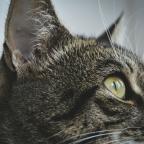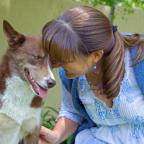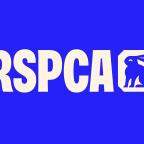
PDSA Weekly Vet Q&A - 22 July
Dear PDSA Vet, my cat, Cinnamon, recently had a tooth removed due to dental disease. How can I prevent this happening again? Sheeba
Hi Sheeba, the most effective way of preventing dental disease in dogs and cats is to brush their teeth daily, using a toothbrush or small finger brush with toothpaste intended for pets. You can buy these from any good pet shop. It can be easier to get a pet used to this when they're young but it's never too late to introduce brushing at any age. Another important aspect of dental care is to get Cinnamon's teeth regularly checked by a vet (just like humans have to go to the dentist!) who will pick up any signs of problems quickly. Other products are available to support healthy teeth, for example dental chews and toys as well as mouthwash and antibacterial gels. As there are many different products on the market, it's best to speak to your vet before using any to ensure you are choosing the most effective product for your cat. Find out more here: pdsa.org.uk/dental-disease-in-cats
Dear PDSA Vet, how can we discourage my son's new hamster Nigel from biting? Thanks, Joey
Hi Joey, it takes time and patience to get your hamster used to being handled. Before approaching your hamster wash your hands with scent free soap and check he's awake and out of his nest, it's important not to disturb sleeping hamsters as they may bite from fear. Introduce yourself quietly and calmly, talking softly. When entering your hamsters home be sure not to approach him from directly above. Instead, approach from the side and lay your hand on the floor of the enclosure. It may take a while until Nigel feels comfortable around your hand. When Nigel seems more confident, allow him to sniff your hand, and when relaxed try scooping your hands together underneath him. Once he is used to this, you can gently stroke him and offer a treat, once he's relaxed you can try lifting him. If he seems unhappy at any point, go back to the previous step.
Dear PDSA Vet, my rabbit Belle has started losing fur, could she have alopecia? Mimi
Hi Mimi, there are a number of things which could be causing Belle to lose her hair – they could include a skin infection, being generally unwell, stress or parasites. However, seasonal moulting is normal and they can look like they are losing a lot of hair, which can come out in tufts, but there shouldn't be bald patches. Alopecia (the scientific word for hair loss) is often treatable and rarely permanent for pets, once the underlying cause of the problem has been identified and treated. Some of the reasons mentioned can be irritating and painful so Belle will need examining by your vets as soon as possible as she may need treatment. Your vet will ask you about any other symptoms at your appointment, so keep an eye out for any changes in Belle's behavior, a rash or red skin, dandruff or over grooming where she may be licking and chewing more than usual. Find out more here: https://www.pdsa.org.uk/alopecia-in-rabbits
Dear PDSA Vet, my dog Hugo has really smelly breath. He's had it for a while but I've never thought much of it until a friend said I should get it checked out. Is this normal? Norma
Hi Norma, bad breath in dogs isn't normal, but it is very common. In most cases it is due to dental disease but can sometimes be a sign of more serious conditions such as kidney or liver disease or even diabetes so I'd suggest booking an appointment with your vet as soon as possible so they can check if there is anything wrong with Hugo. If it is dental disease, your vet will talk through treatment options with you. Dental surgery is often required, where decaying teeth are removed and the remaining healthy teeth descaled and polished. As dental problems can be painful your vet may prescribe pain relief. Your vet will likely recommend brushing your dog's teeth to prevent further problems developing again.
For more information visit pdsa.org.uk
PDSA is the UK's largest vet charity providing a vital service for pets across the UK whose owners struggle to afford treatment costs for their sick and injured pets. For many vulnerable pets, PDSA is there to help when there is nowhere else for their owners to turn. Support from players of People's Postcode Lottery helps us reach even more pet owners with vital advice and information.







